Each year in April, the world demonstrates its support for environmental protection on what’s known as “Earth Day”. But what is being done the other 364 days of the year to safeguard the planet’s future?
In a warming world, the planet’s ecosystems are under attack, from clean water to a stable climate. Now, environmental pioneers, around the globe, are trying unique and innovative ways to save the Earth.
This week on Full Frame, conversations with world-renowned experts who are finding sustainable ways to protect the future of the planet.
Sylvia Earle: Saving our oceans
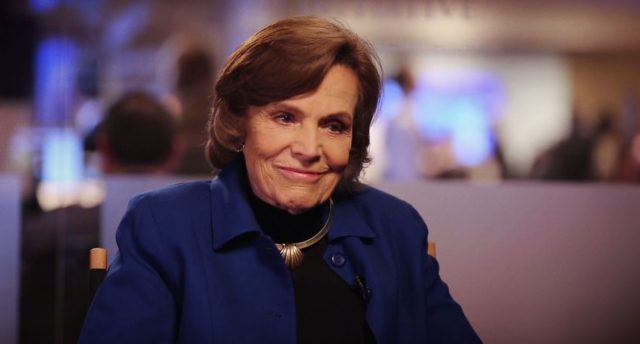
Oceanographer Sylvia Earle talks about trying to save our oceans and inspire public awareness.
In the last four decades, the ocean’s fish population has plummeted. But even as the numbers drop, commercial fishing continues. Ninety percent of certain fish species, like sharks, tuna and salmon, are being snatched from the ocean and put onto dinner plates far faster than they can reproduce. Scientists believe climate change and pollution have also jeopardized oceans, putting one of our most valuable natural resources at risk.
Fortunately, there’s hope. One of the world’s best-known oceanographers, Sylvia Earle, is trying to save our oceans and hoping to inspire public awareness.
She sat down with May Lee at the 2015 annual meeting of the Clinton Global Initiative to discuss decades of underwater discoveries and sustainable ways we all can help protect, restore and preserve our oceans for generations to come.
Bren Smith: Vertical ocean farming
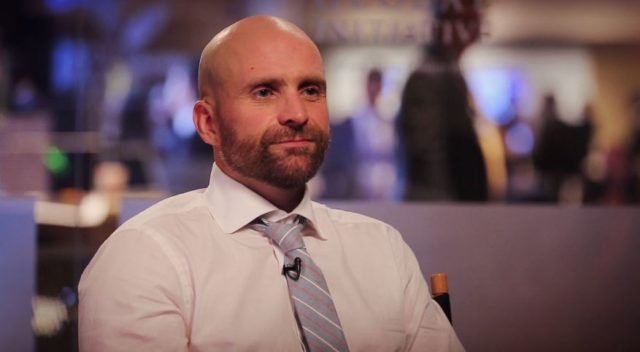
Bren Smith has created the world’s first sustainable vertical ocean farm.
According to the World Wildlife Fund, more than 85 percent of fisheries, around the globe, have been pushed to, or beyond, their natural limits because of overfishing. But, as one commercial fisherman found out, just because there are fewer fish left to catch, it doesn’t mean our oceans can’t continue to feed us.
Former commercial fisherman-turned-innovator Bren Smith is dedicated to satisfying our seafood cravings with sustainable shellfish and seaweed, while simultaneously restoring the ocean’s ecosystem.
May Lee sat down with Bren Smith at the 2015 annual meeting of the Clinton Global Initiative and discussed his creation of the world’s first sustainable three-dimensional, or vertical, ocean farms, an alternative for fisherman who can no longer depend on a declining catch from the sea.
Pelenise Alofa: Losing paradise
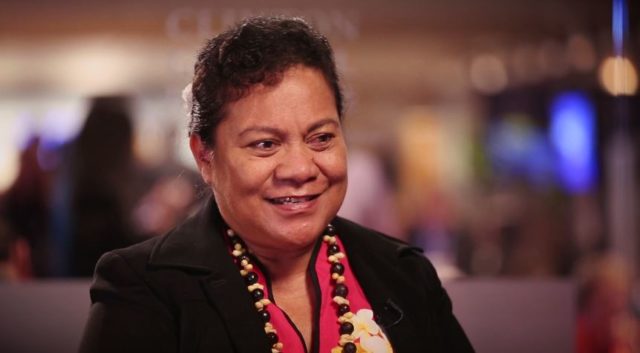
Pelenise Alofa is a tireless activist determined to raise awareness about the threat of climate change to her homeland, Kiribati.
The remote, low-lying South Pacific island nation of Kiribati is facing a “life or death” situation. With few natural resources and poor infrastructure, it’s plagued by rising sea levels, water contamination and pollution. High tides have destroyed homes and resources crucial to the island’s livelihood. And the island chain is at risk for disappearing completely if sea levels continue to rise at the current pace.
But one Kiribati citizen is determined to raise awareness about the threat of climate change to her homeland in order to save those who live on the island and preserve their culture. Pelenise Alofa is a tireless activist who serves as the national coordinator for the Kiribati Climate Action Network.
May Lee sat down with Pelenise Alofa at the 2015 Clinton Global Initiative to talk about the human impact of climate change and how environmental sustainability could help save this nation.
Louie Psihoyos: The extinction crisis
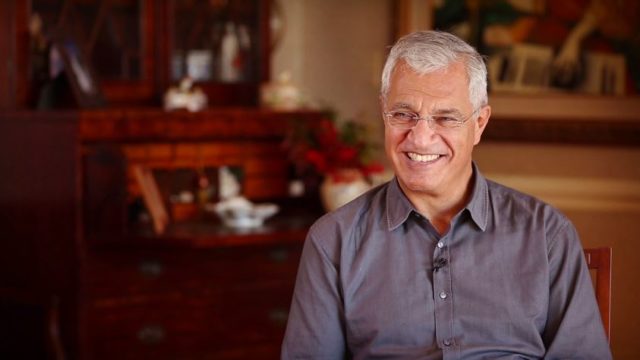
Environmental Filmmaker Louie Psihoyos talks about ways we can change how we live and work in order to create a sustainable Earth.
Could the Earth be entering a mass extinction that will wipe out several species? Some scientists say yes, and they say it’s because of the actions of humankind.
Former National Geographic photographer, author, ocean conservationist and Oscar-winning film director, Louie Psihoyos believes the solution starts with us. In his latest documentary, Racing Extinction, he exposes the reality facing endangered species and the looming threat of mass extinction.
Full Frame caught up with Psihoyos to find out how we need to change the way we live, eat, act, drive and work in order to create a sustainable Earth.
 CGTN America
CGTN America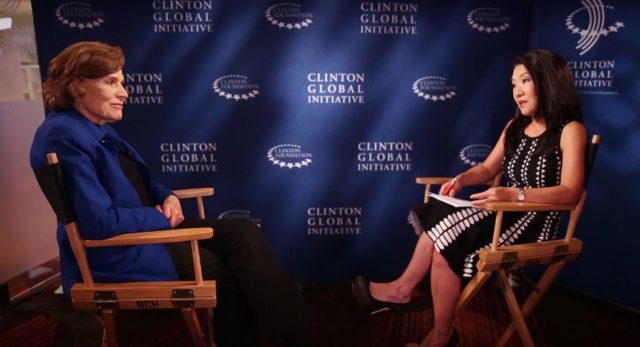 Oceanographer Sylvie Earle talks about ways we can all help protect and preserve our oceans.
Oceanographer Sylvie Earle talks about ways we can all help protect and preserve our oceans.
